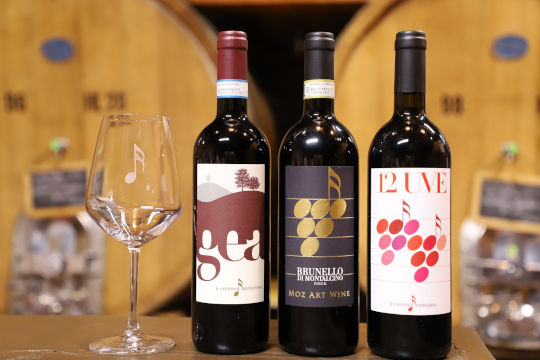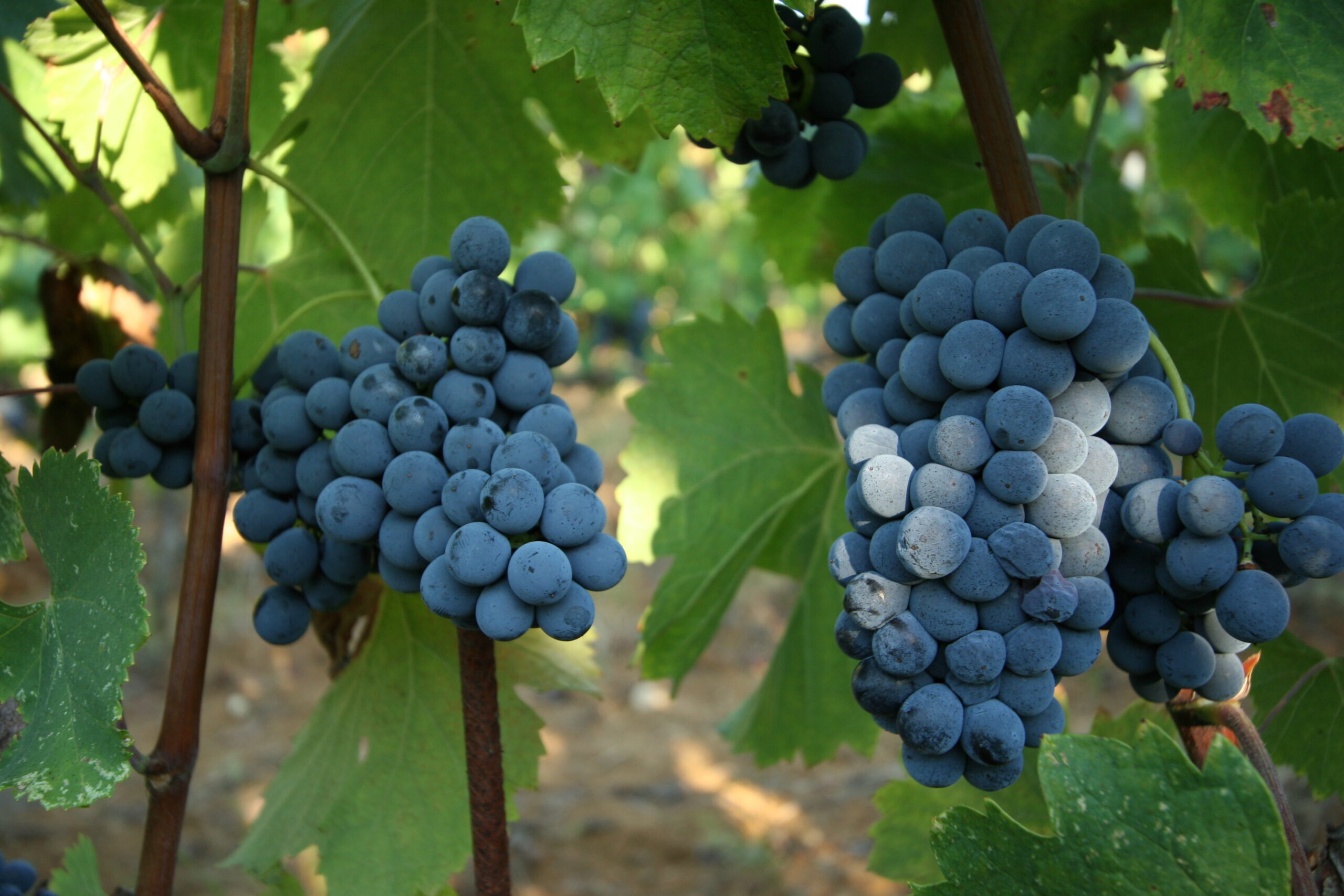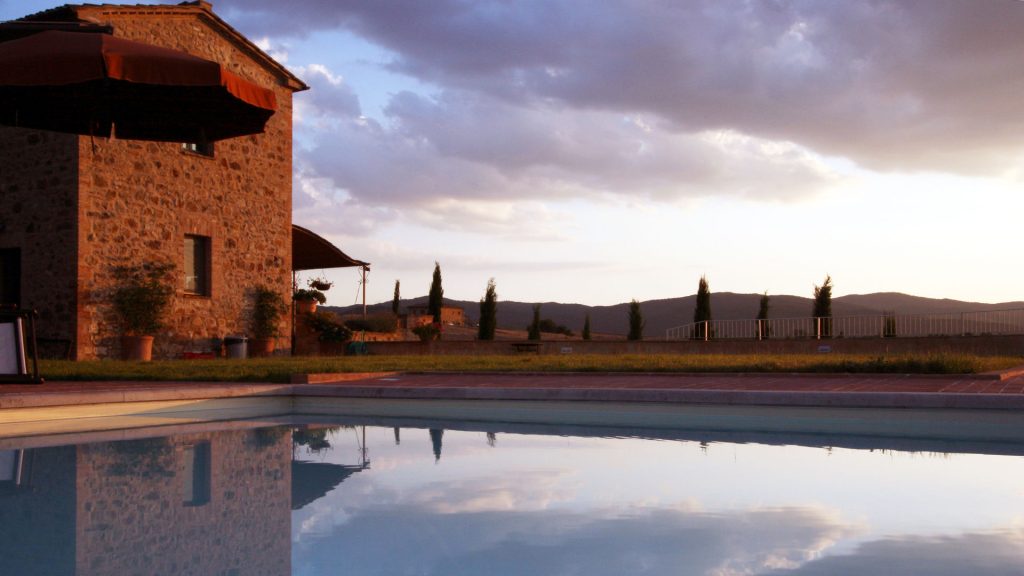The beneficial power of music on plants and vines
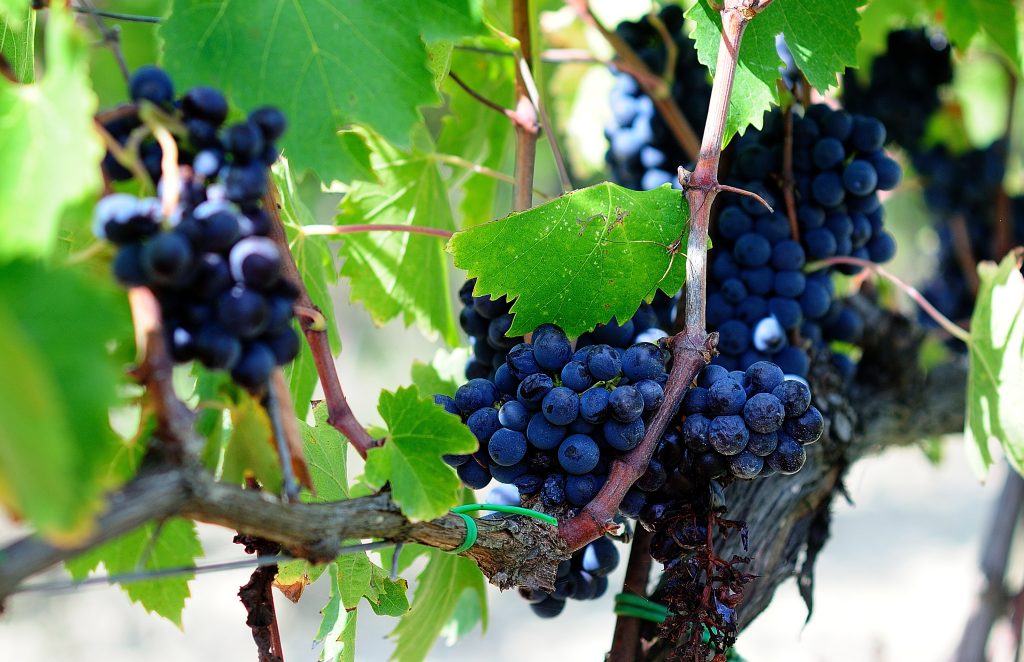
Experiments and studies on the connection between music and the growth of the plants are lost in time; starting from the research conducted centuries and centuries ago in the ancient East, and arriving to Darwin in the 19th century, who tried to play his bassoon to a mimosa plant.
Today many studies scientifically demonstrate that music is good for plants; in fact, plant organisms respond to musical stimuli or better to musical frequencies, and depending on the music and sounds to which they are subjected, they react with different responses on the growth of the plant itself.
It has been observed that music with excessive volume or too invasive can even cause damage to plant growth. Classical music, on the other hand, seems to be the best. Plants “prefer” classical music.
Music on the Vineyards, the sound stress on the vine
Carlo Cignozzi, the creator of il Paradiso di Frassina winery in Montalcino, is the man who first experienced the beneficial effects of music on the vitis vinifera. Carlo leaves his job as a lawyer in Milan, thus leaving a life of stress and buying a farm, abandoned since the war, in the heart of the land of Brunello wine, north of Montalcino.
If music is good for plants, why not try it with grapevines?
Mozart’s music is spread in the vineyard to promote research on the beneficial effects of musical frequencies on the vine, and this is certified by many patents and awards.
Good music and good wine, wine tastes better thanks to Mozart
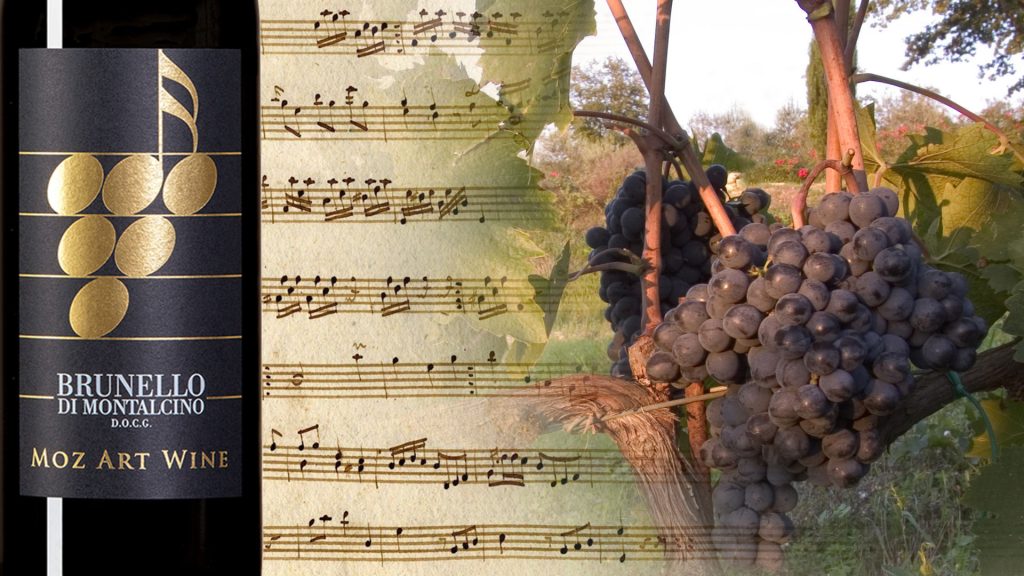
Carlo uses exclusively the beautiful music of Mozart to stimulate the vine and produce the famous Brunello di Montalcino wine.
Wine tastes better thanks to Mozart, why? Carlo Cignozzi explains that the beloved 18th century composer “In his pieces follows 60% of the mathematical sequences from the mathematician Fibonacci, which are in nature. Mozart is like a composer of nature, his music is the closest to nature. ”
As Carlo points out, Mozart never used the minor, but always the major, and this is because he was happy and loved life, just as Carlo loves making Mozart’s music resonate with his vines.
Mozart’s music scientifically improves the grapes and therefore the quality of the wines of il Paradiso di Frassina, also known as the Mozart’s Vineyard.
In the Vineyard of Mozart, 126 speakers of various types play Mozart’s music for 24 hours throughout the year. There are cylindrical speakers placed high over the vines and pointed downwards, then are the diffusers placed on the ground that work on the roots, and finally there are the cylindrical ones that are outside the vineyard.
Music is a vibratory wave and when it meets the vibratory wave that is in the plant itself, resonance is created, which in turn creates an accelerated metabolism, thanks to which we have more leaves and more luxuriant ones, more buds, and therefore better bunches. Insects stay only for a few moments, because of music, so they move elsewhere.
The music played on the vineyards, and Mozart’s music in particular, has a great beneficial power on the plants, which is not limited only to a better development and a greater vigor of the vine. Musical frequencies also become a formidable natural remedy against parasites.

